QUEZON CITY, July 3, 2023 – The Department of Agriculture (DA), and Bureau of Fisheries and Aquatic Resources (BFAR) Special Area for Agricultural Development (SAAD) Program presented its proposed Marketing and Enterprise Development (MAED) guidelines before the DA-Agribusiness and Marketing Assistance Service (AMAS) on June 29, 2023, for consultation.
MAED focuses on providing market studies, training, and other related activities to prepare SAAD beneficiaries for enterprising, as one of its culminating goals for the livelihood projects designed for farmers and fishers’ associations (FFAs). This stems from the fulfillment of the ultimate goal of SAAD for the FFAs to sustain operations through the creation of Community-based Enterprises (CBEs), addressing economic sustainability, diversifying income sources, and aiding in the socio-economic conditions of the target communities and beneficiaries.
Arising from the Phase 1 experience, and now operating in 15 regions, SAAD recognizes the need to standardize the functions and deliverables of the component, insert thorough market studies, mainstream the marketing activities, create enterprise profiles and means for its evaluation, and other tools to maximize the assistance in enterprise establishment of SAAD farmers and fishers. This will allow FFAs to participate and prepare their micro-enterprises to access institutionalized services such as financing and market linkages.
On the other hand, AMAS is the lead service responsible for providing market development and investment assistance, and promotion services mechanisms to the agriculture stakeholders. In place overseeing the regional operations is the Agribusiness and Marketing Assistance Division (AMAD). In the current structure of SAAD, AMAS, and AMAD are members of the National and Regional Program Advisory Committees (NPAC and RPAC).
AMAS and AMAD contributed to SAAD’s entrepreneurial activities by assisting beneficiaries in the registration to the Kadiwa Agribiz portal during the pandemic, Kadiwa ni Ani and Kita centers – a market system that sells major agricultural goods at reasonably low prices to help poor Filipino households, other business-to-business transactions, and the Farmers and Fisherfolk Enterprise Development Information System (FFEDIS) – which contain the list of possible and implemented programs and projects, and a roster of private companies engaged in agri-based enterprises.
AMAS and SAAD partnership entails: 1) complementation of AMAS, AMAD, Fisheries Industry Development and Support Services Division (FIDSSD), and Fisheries Production and Support Services Division (FPSSD), 2) introduction of other strategies to tailored for SAAD CBEs, 3) simplification and enhancement of market-related processes, and 4) alignment with the current government budget cycle of the Department of Budget and Management.
During the consultation, AMAS Director Junibert E. De Sagun commended the SAAD-NPMO for coming up with a detailed draft of the guidelines underscoring the ambition of the Program to engage and develop a pool of micro-enterprises for its beneficiaries. Further, he recommended dissecting the scopes and categorization of enterprises that will fit the resources and capability of the program.
He stressed the importance of having a market study based on similarities of products performance in the marketplace and acknowledged the challenge of upgrading the enterprises of the beneficiaries when it reaches the plateau mode of being a micro-enterprise.
This means that resource management is vital – ensuring that the Program has all the necessary tools to meet its objectives, including scheduling, budgeting, and planning of relevant marketing projects.
From the preliminary meeting, AMAS will review the SAAD Phase 1 CBEs’ profiles for further study and to grasp and assess its performance and readiness for further marketing activities tied to DA’s internal and external resources.
Ms. Joyce Bengo, Officer-in-Charge of the AMAS-Market Development Division (MDD), also added that in terms of identifying markets and competitors, the Program has to exhaust all information present in the regional AMADs, market-matching of potential products derived from the livelihood projects that the farmers and fishers can sell to the market segments that are most likely to purchase them, and market-sharing for the possibility of existing but unidentified markets.
Assistant Chief of Agribusiness Investment Promotion Division, Ms. Ludivina Rueda also said that in the marketing aspect, the guidelines shall include stages to identify the growth of an emerging agri-business until it reaches the large-scale enterprise.
BFAR-SAAD National Focal Person Ms. Elymi-Ar-J Tuñacao pointed out some important steps in the process flow toward CBE establishment, and suggested that the prior profiling of SAAD beneficiaries in the Food Production and Livelihood component should be the baseline for the series of activities in order to reach CBE establishments such as market identification and benchmarking, market plan/market area survey, market-related and enterprise development training, market linkage and access, and market mapping.
The guidelines presentation was led by Operational Planning, Budget, Monitoring, and Evaluation (OPBME) head Mr. Darwin Pamatmat, together with its co-authors MAED Lead Ms. Ashley Mae Apigo and Mr. Gio Renzo Caballero.
Said consultation puts the program in an advantageous position, starting early as MAED comes later in the implementation after Social Preparation and Food Production and Livelihood provision. Further, SAAD National Program Director, Ulysses J. Lustria, Jr., committed to providing all support and documents needed to establish clear MAED guidelines for SAAD Phase 2 implementation. ###
Writer: Jessa Mae Gabon and Jennifer Valcobero, DA-SAAD NPMO Information Officers

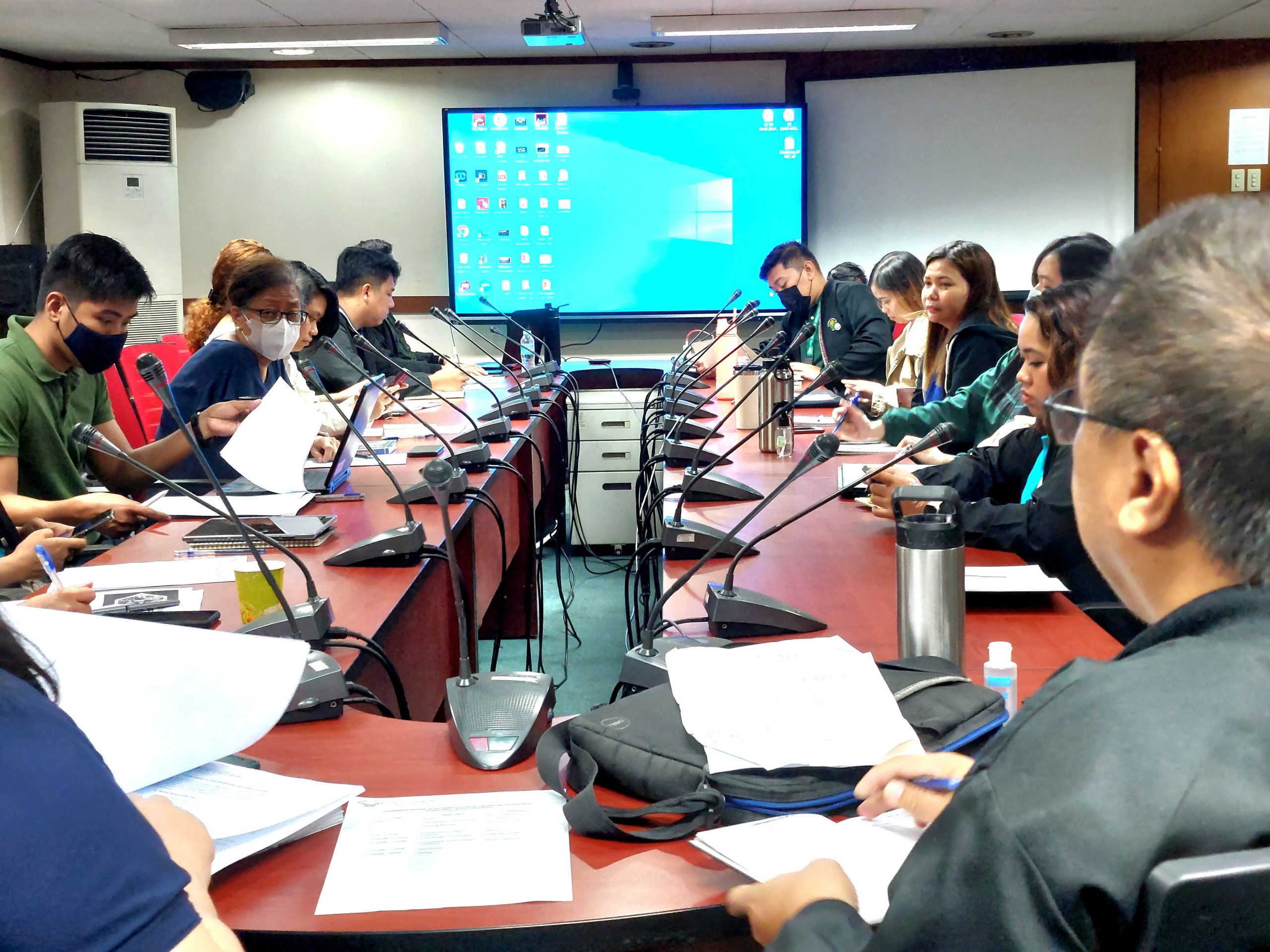
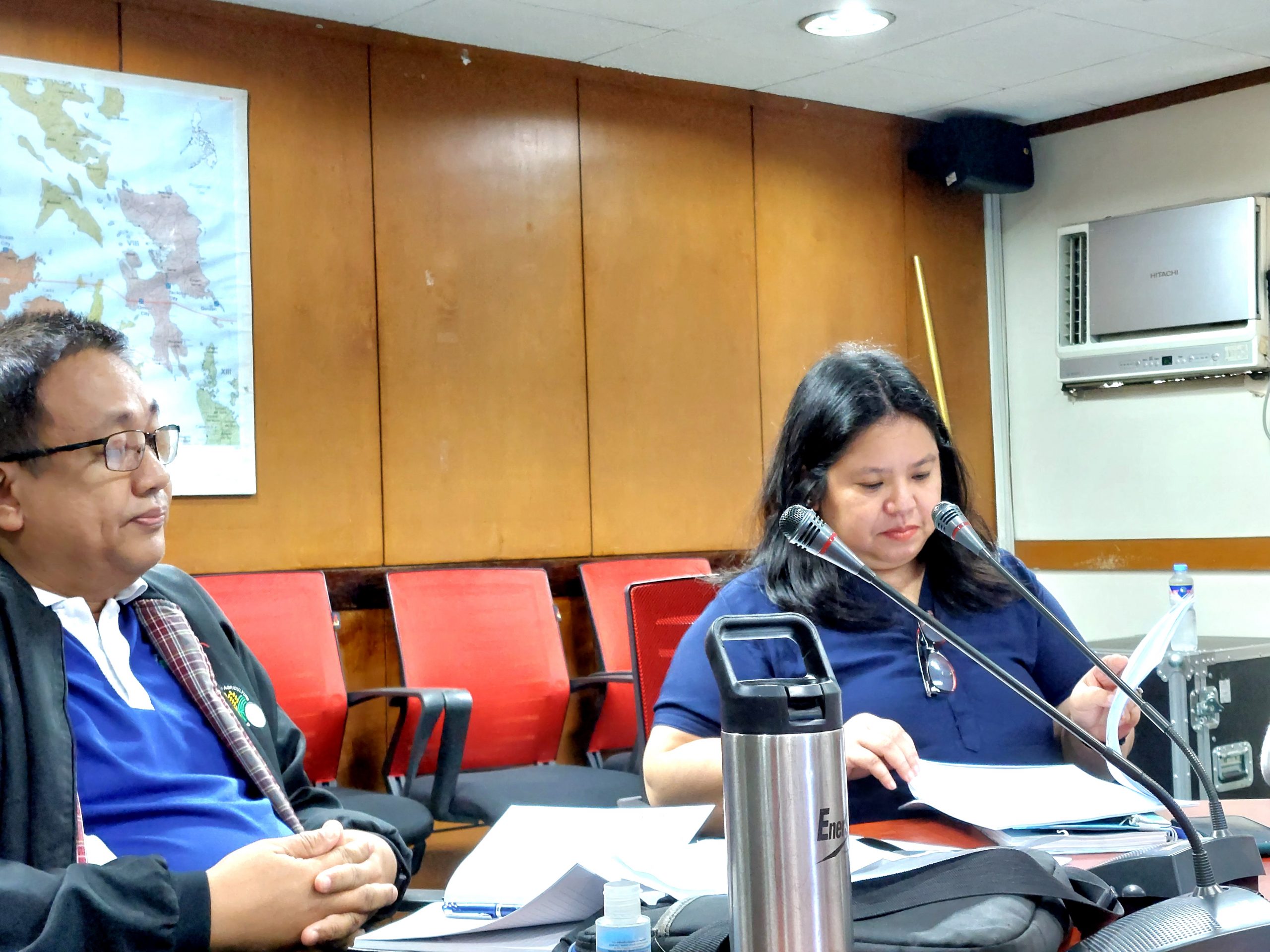
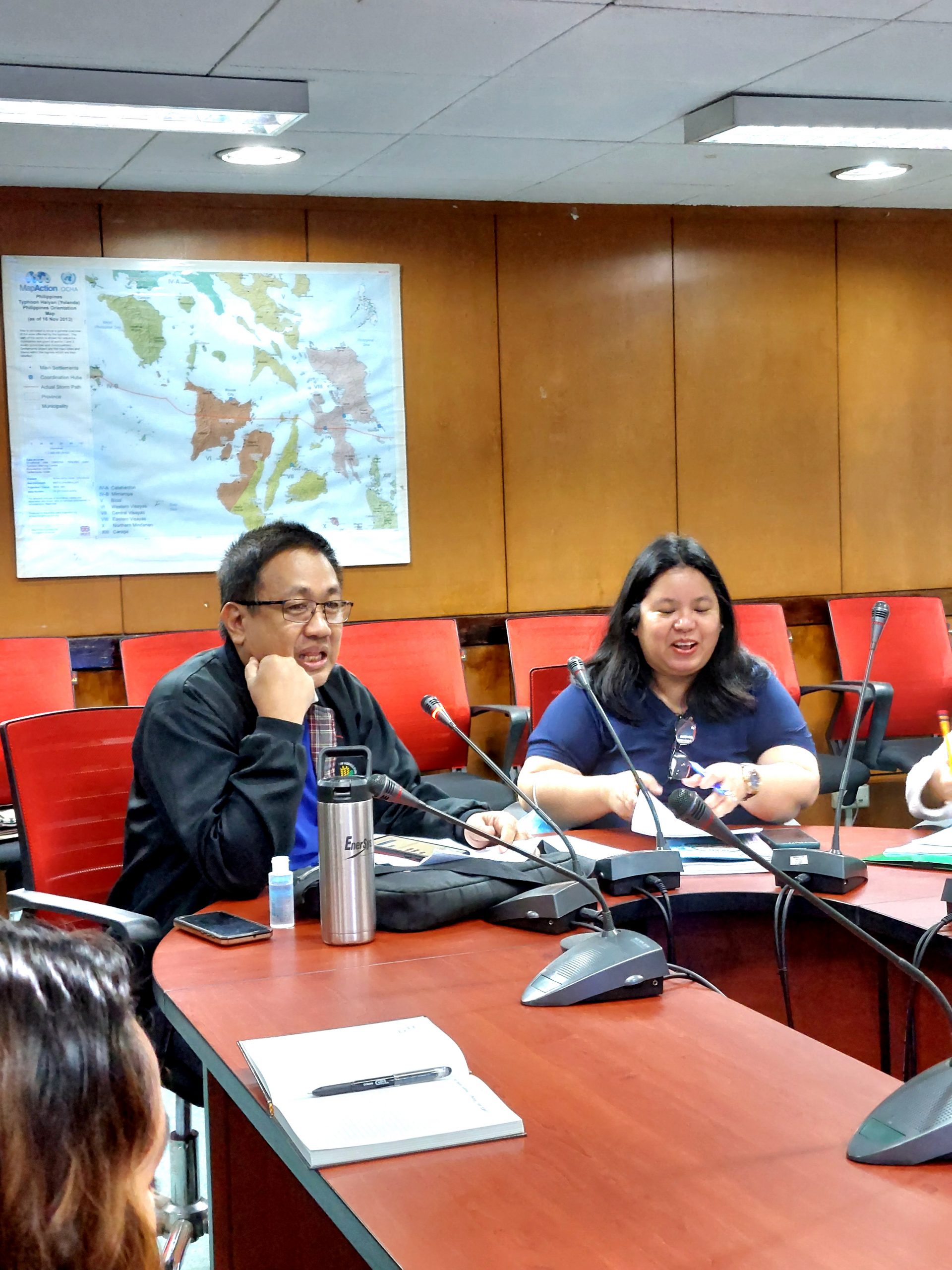
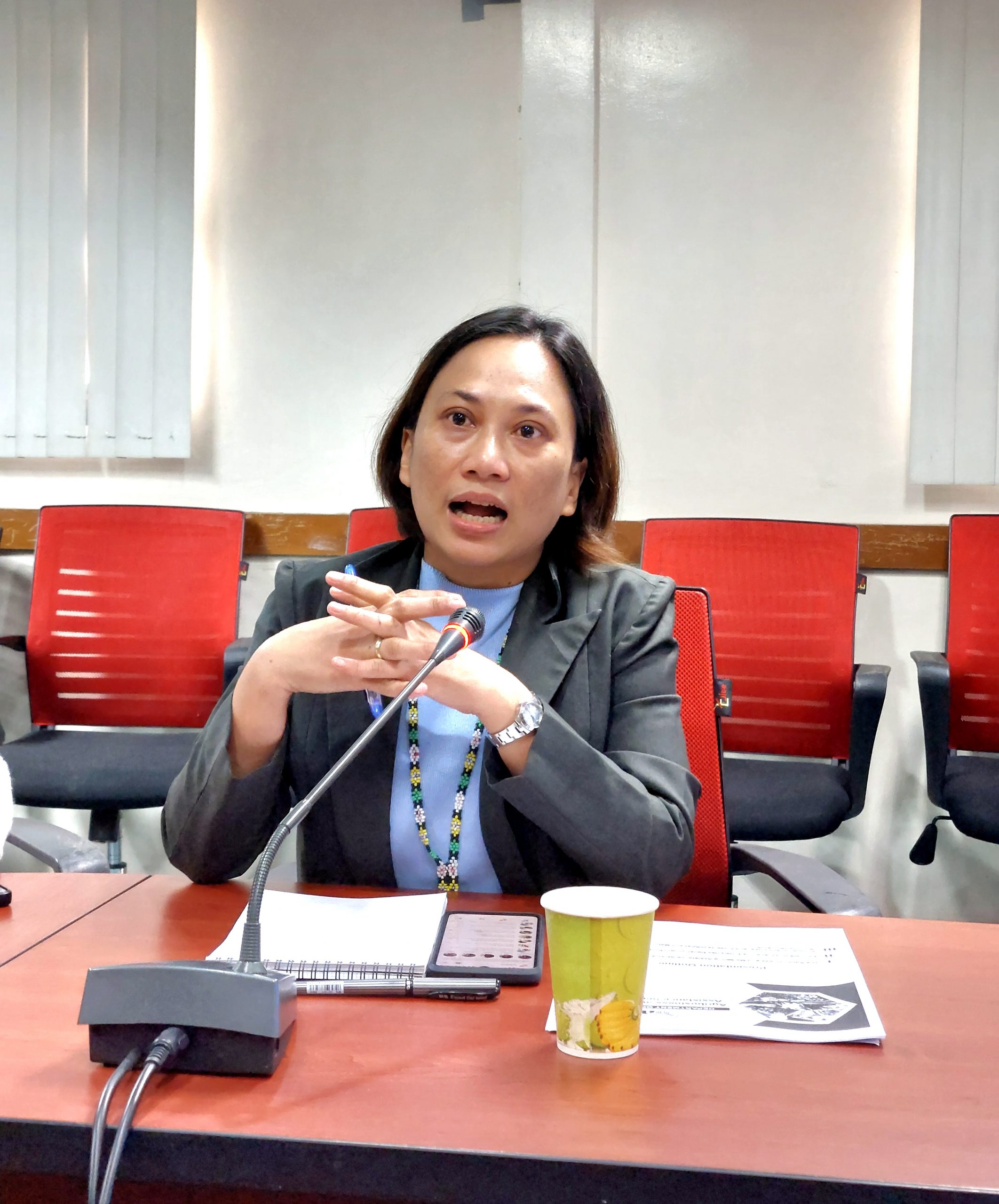
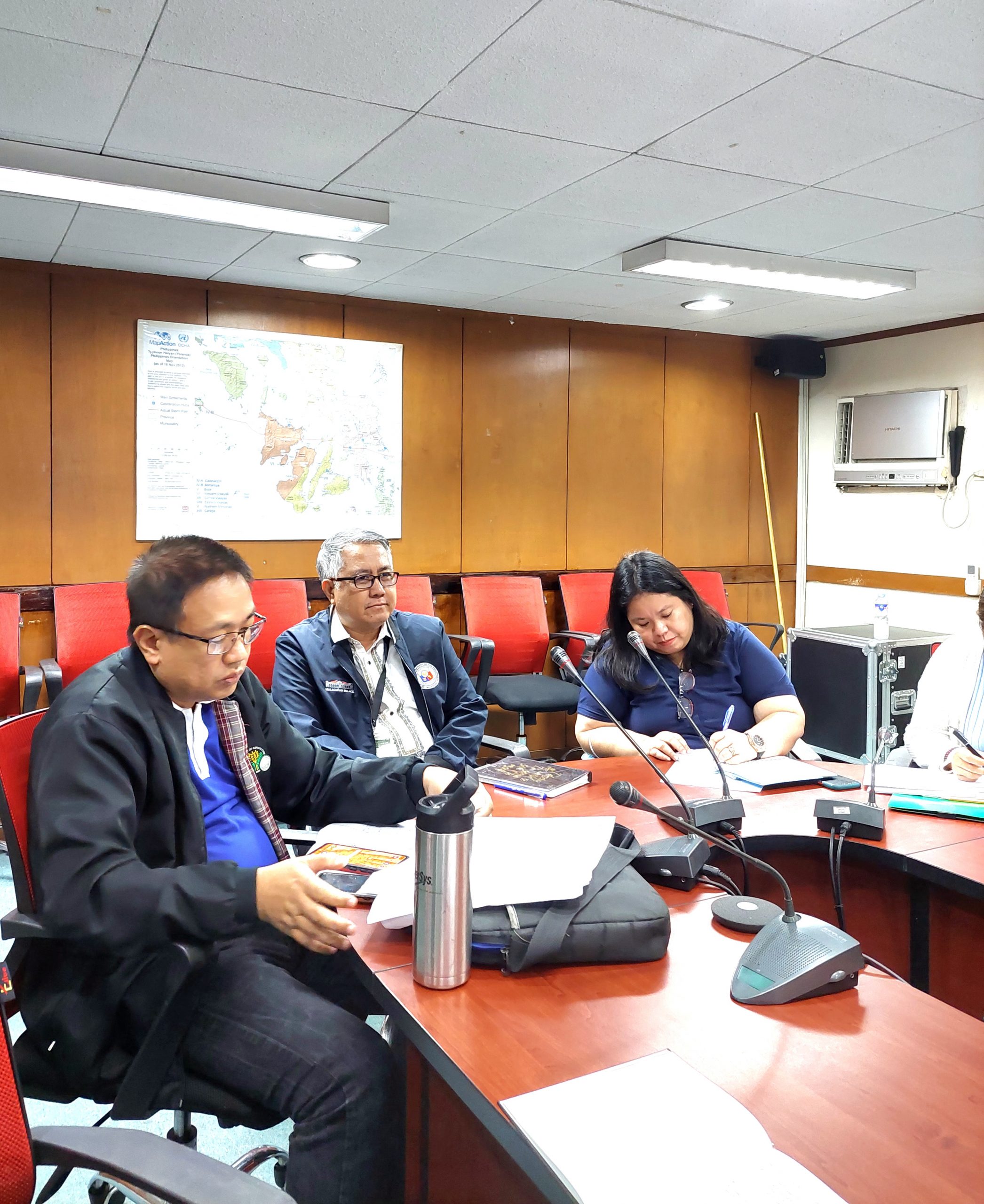
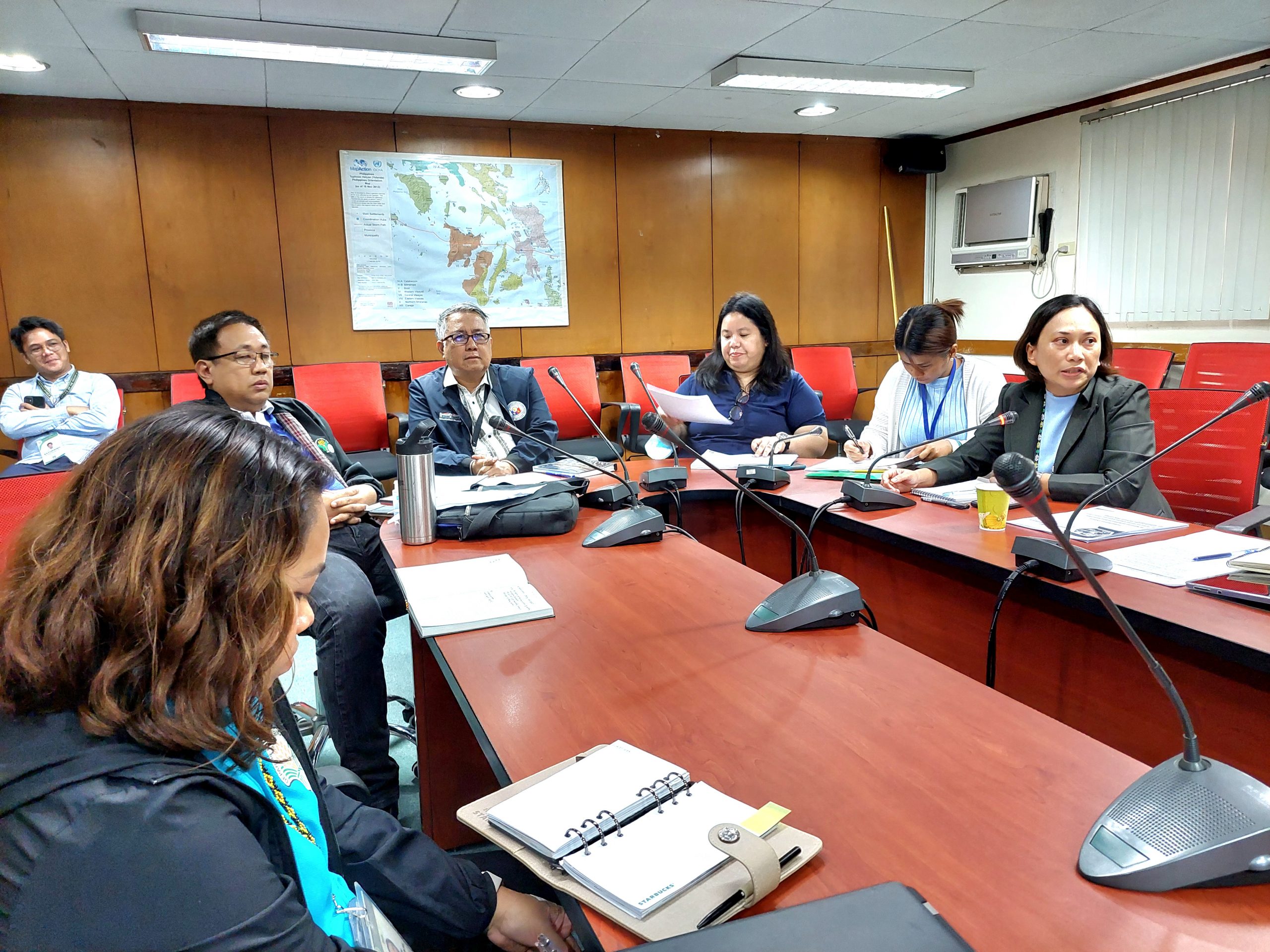
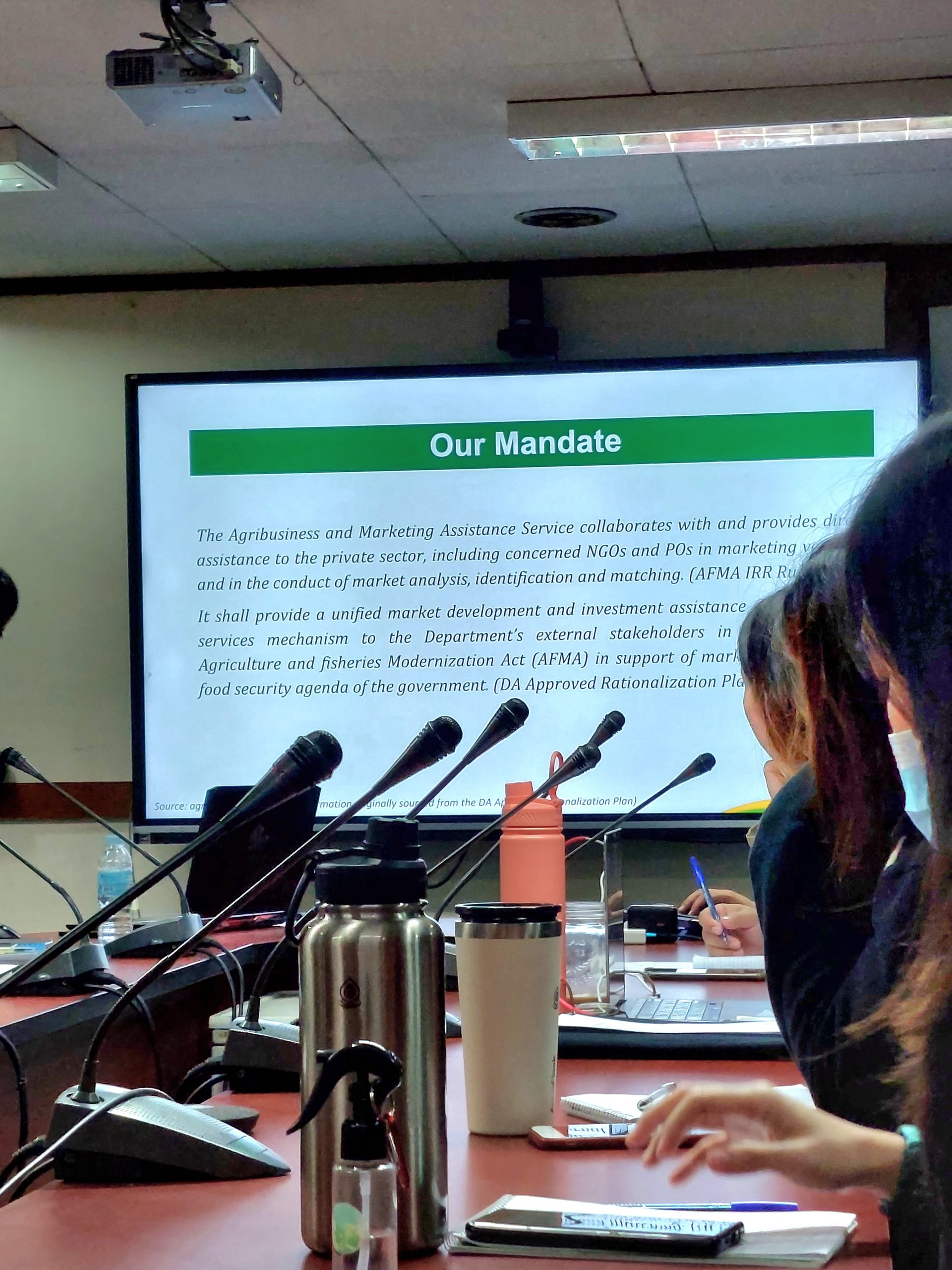
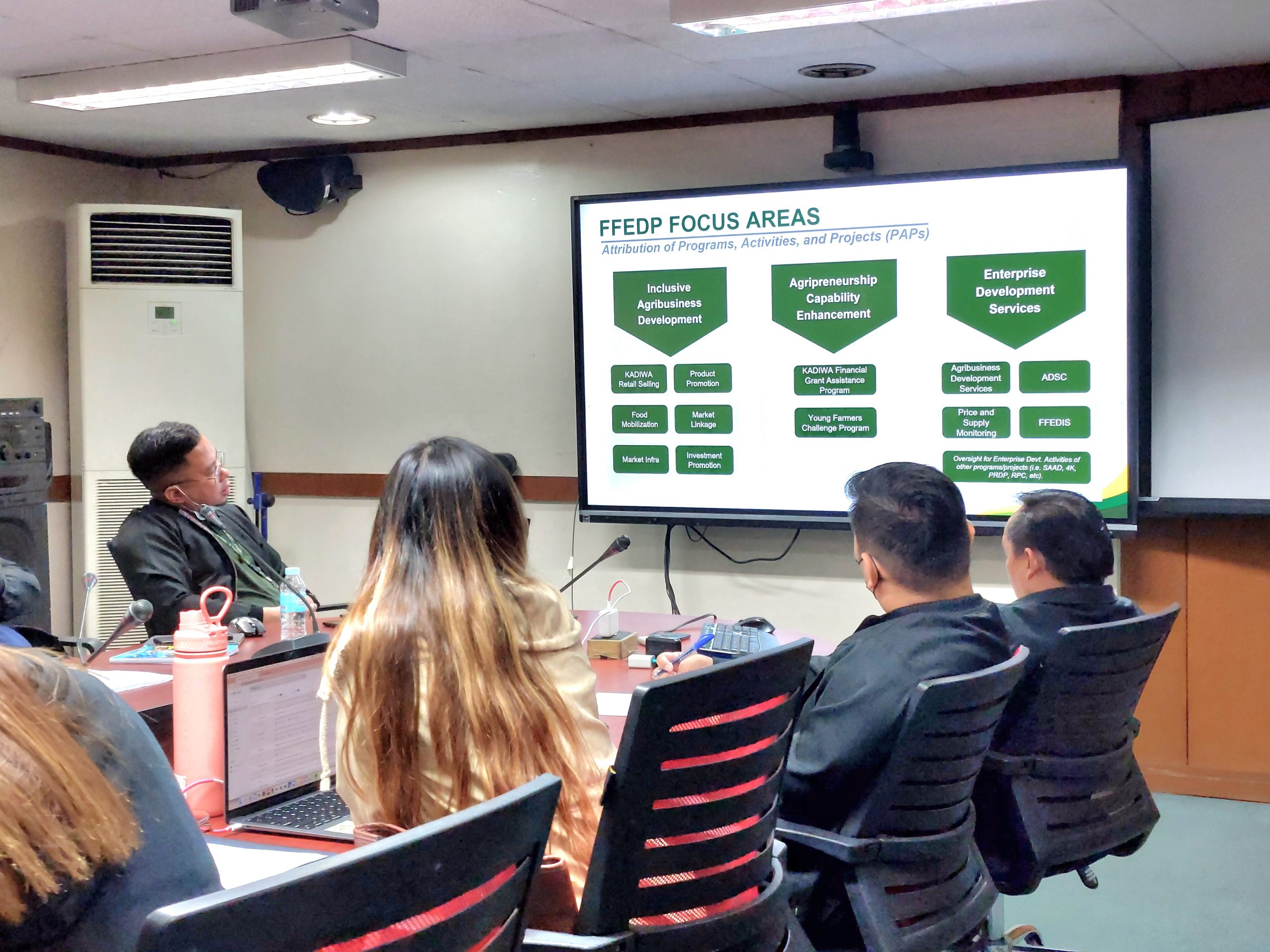
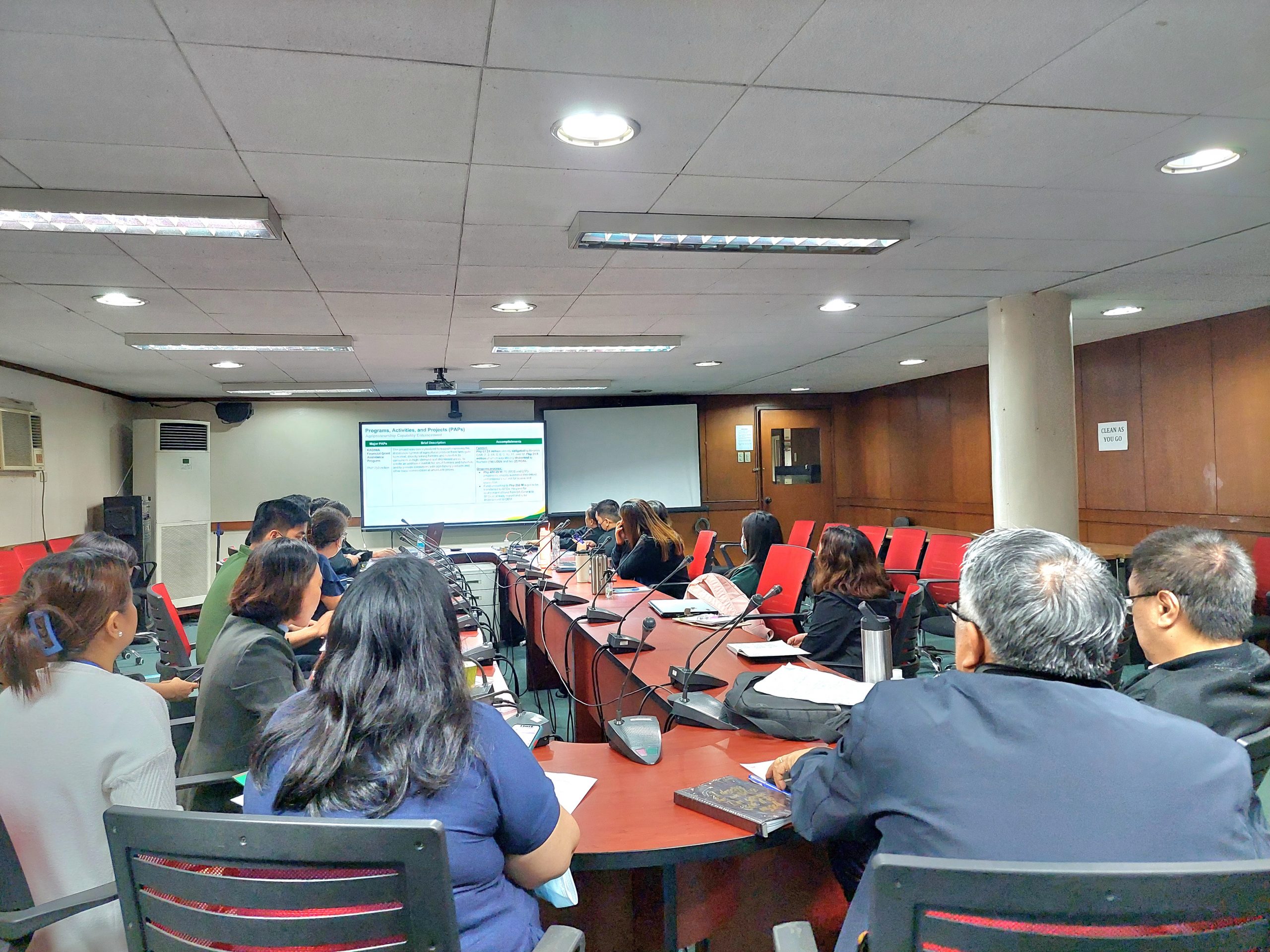
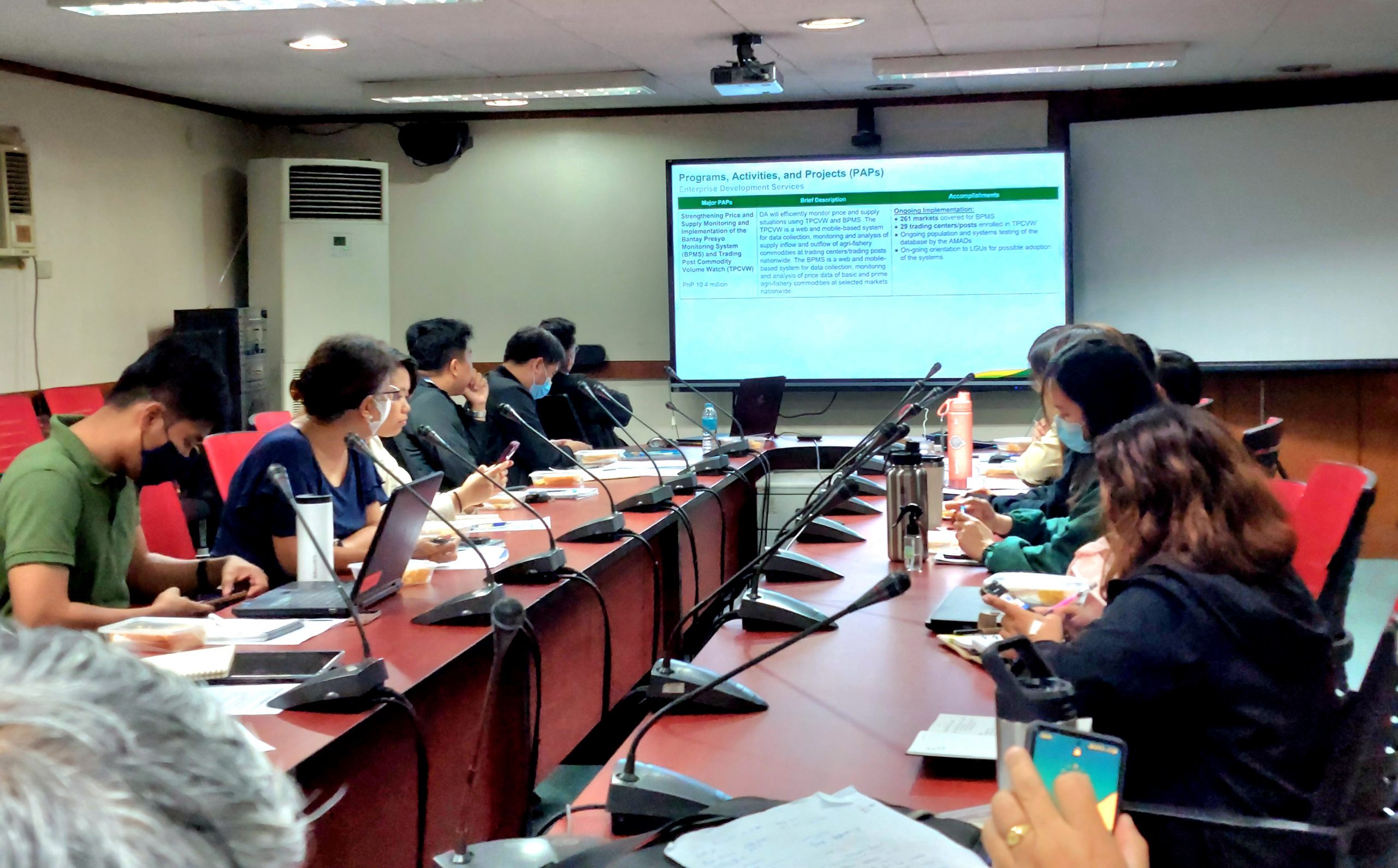
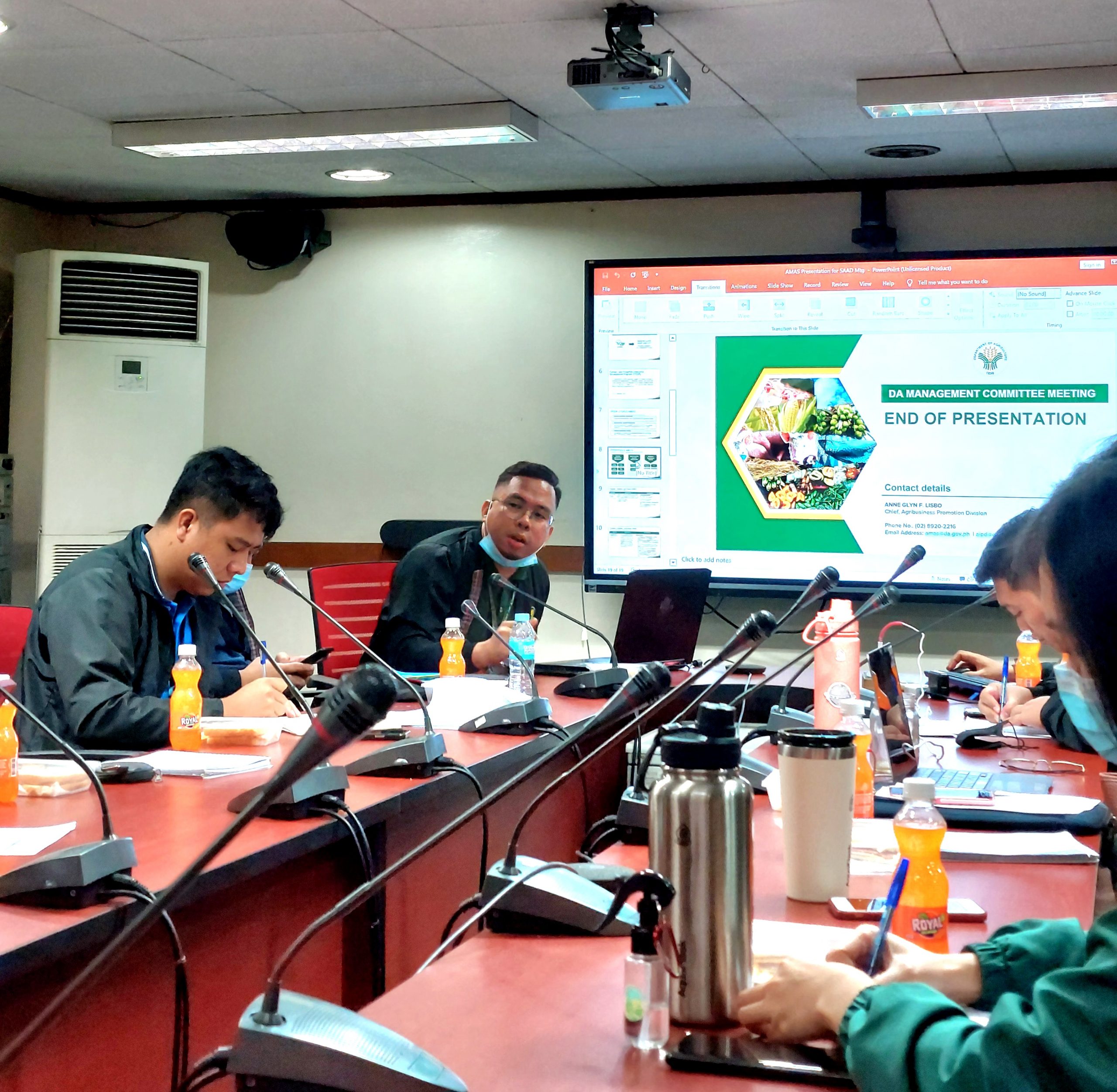
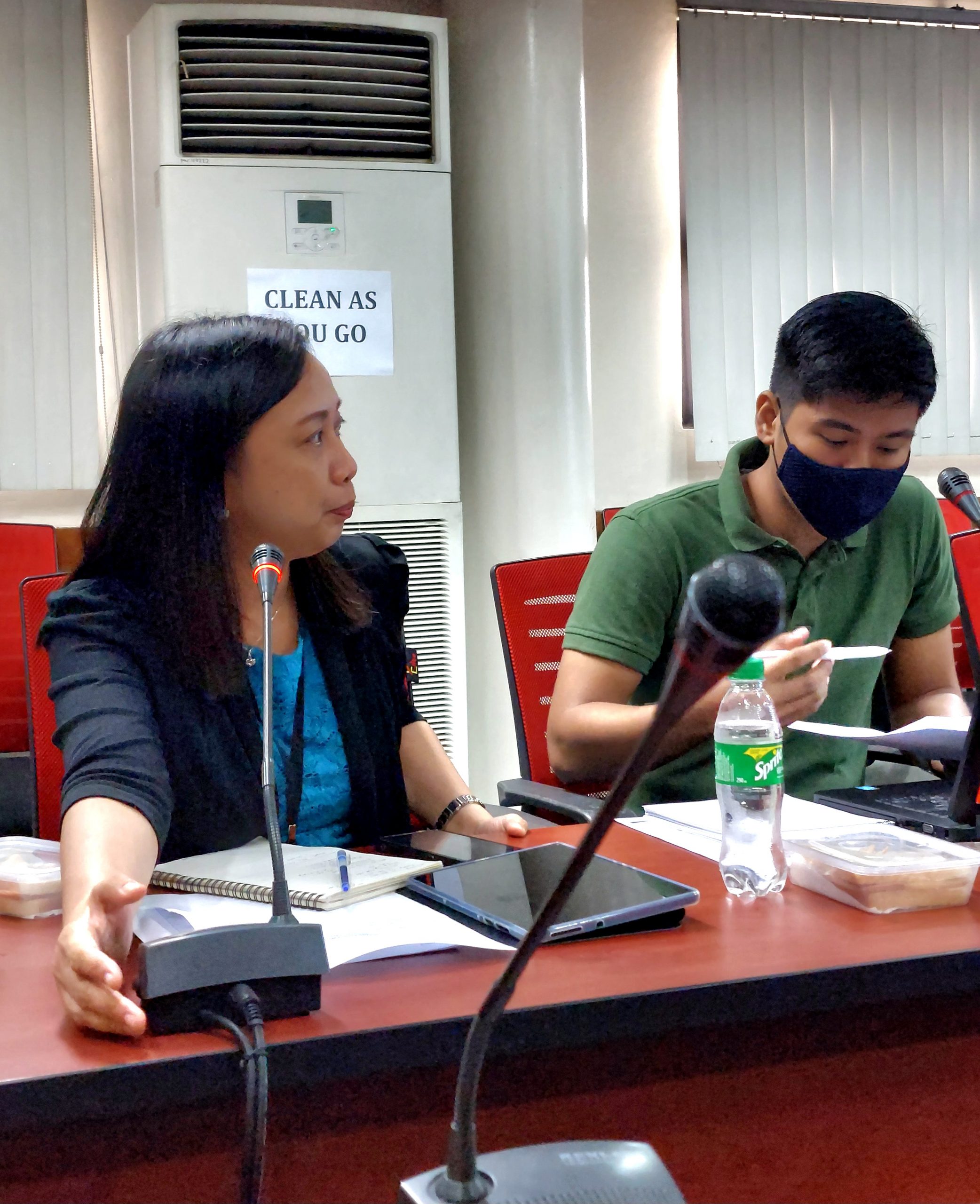
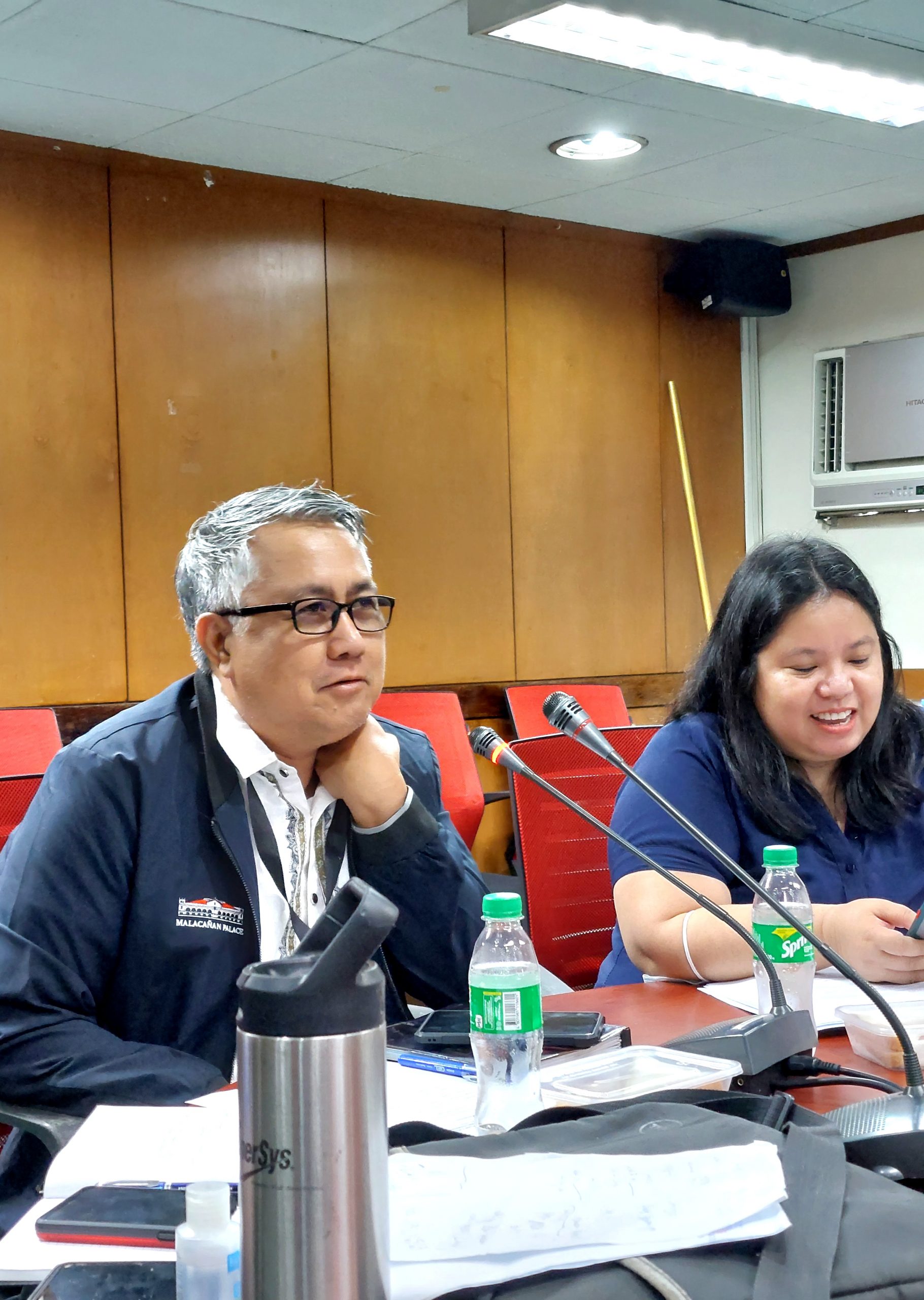
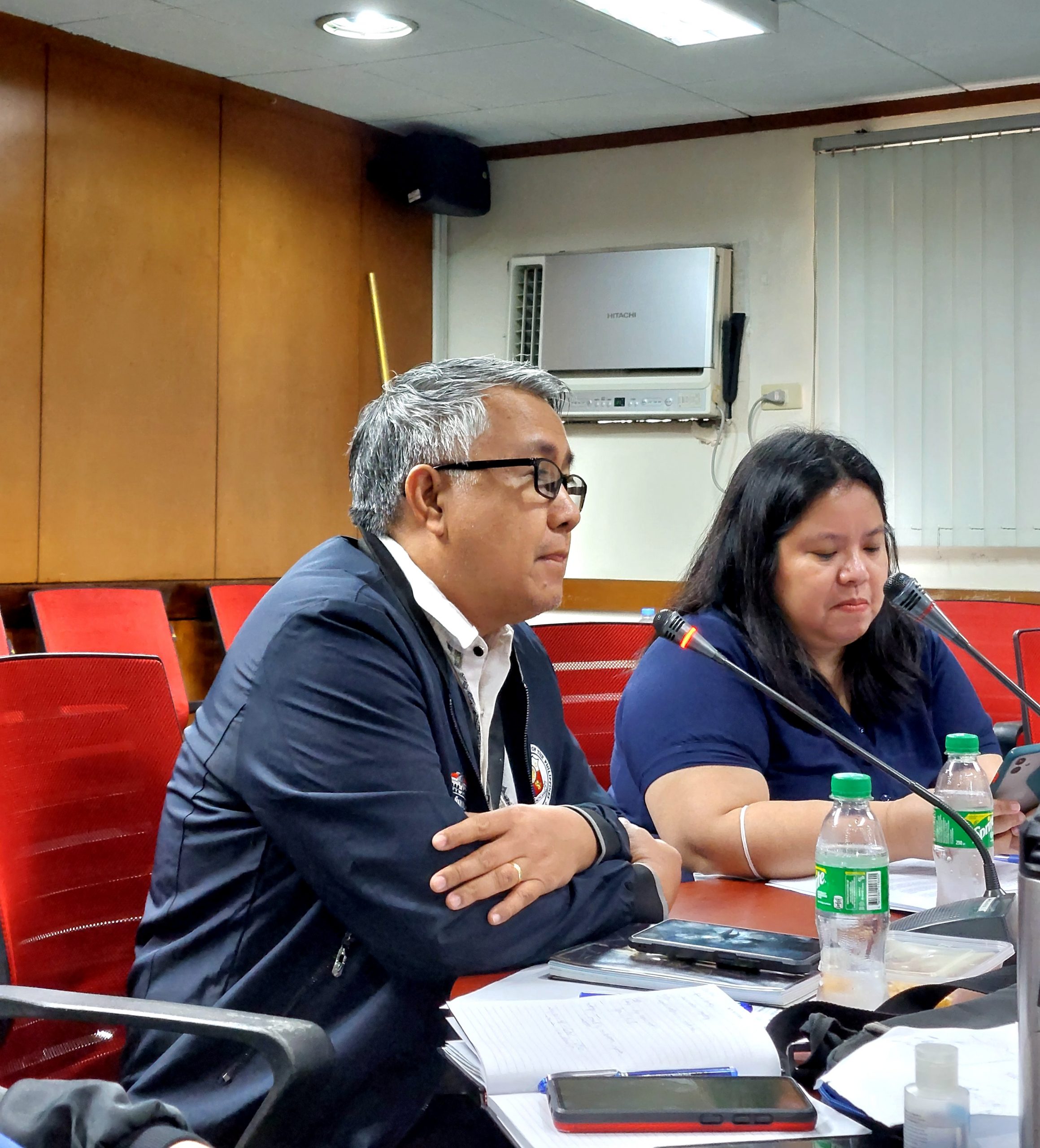
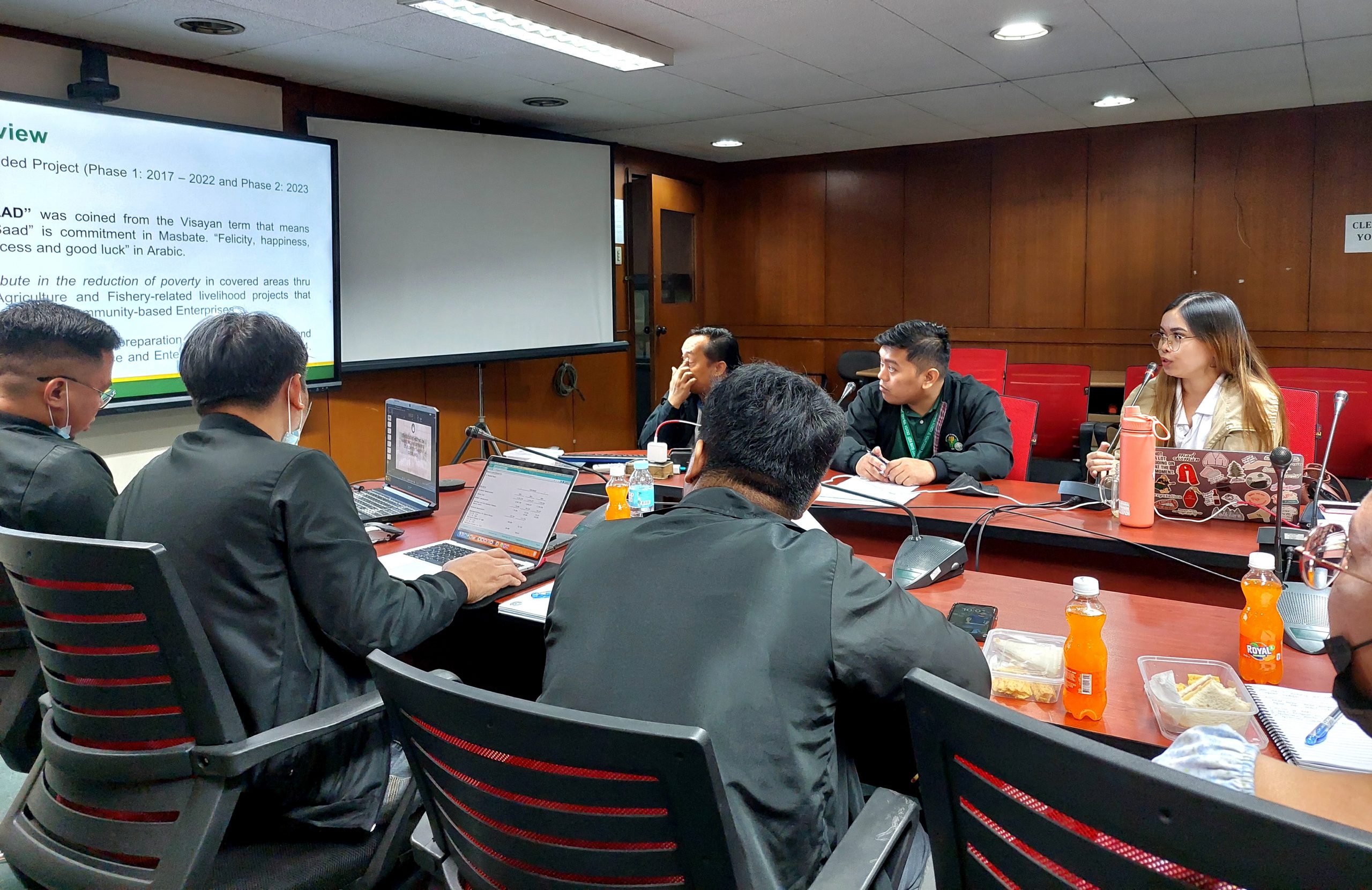
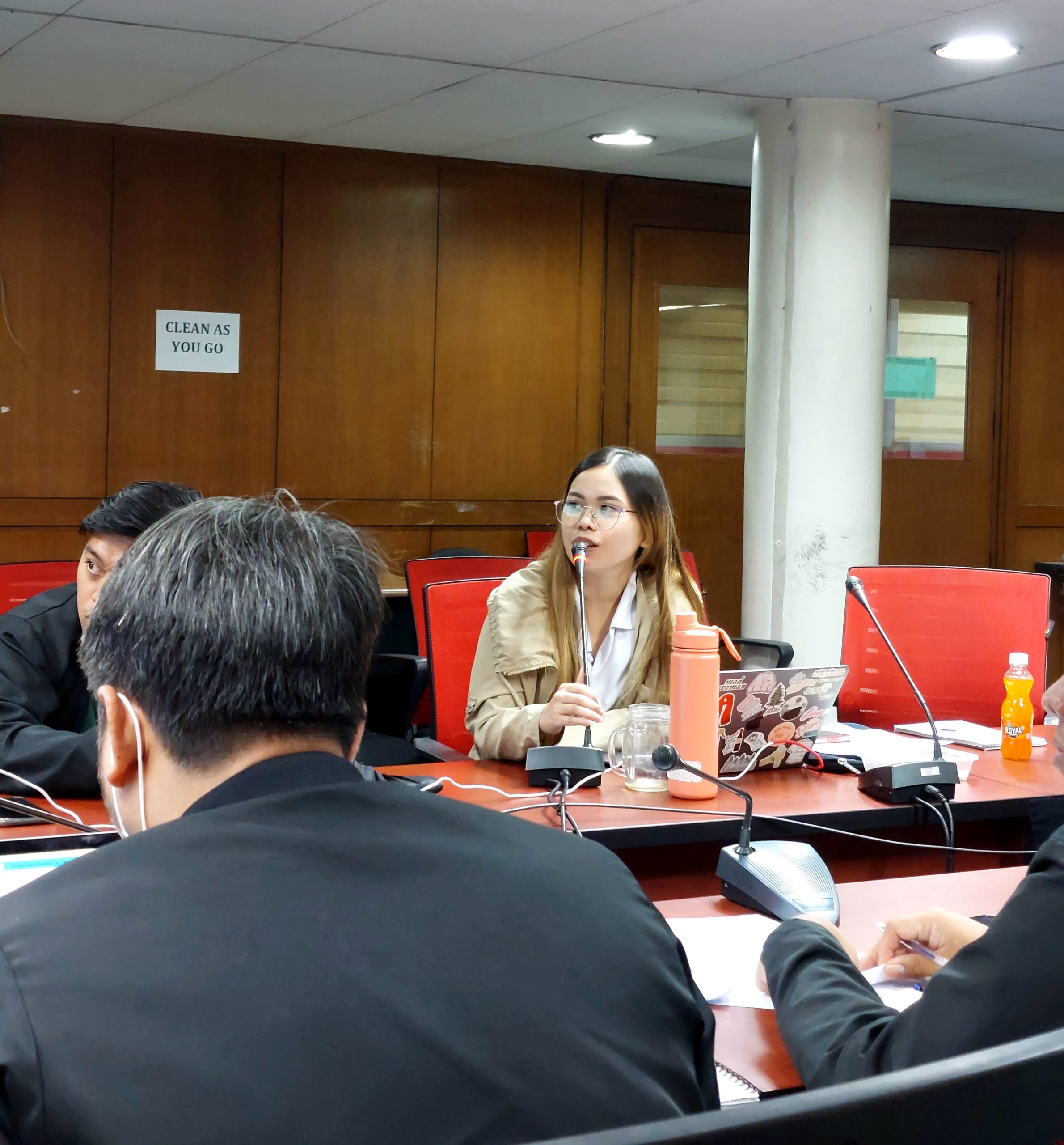
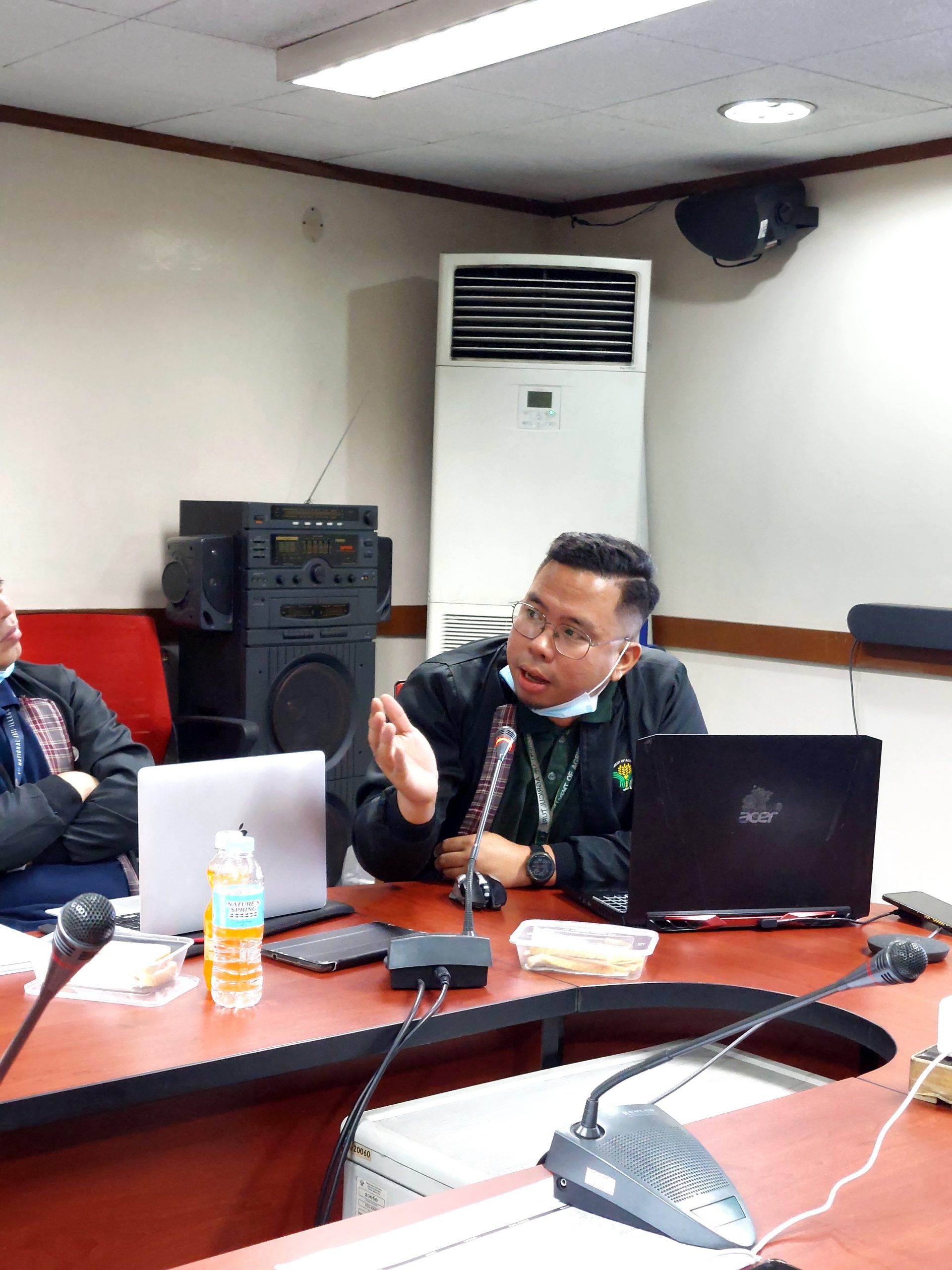
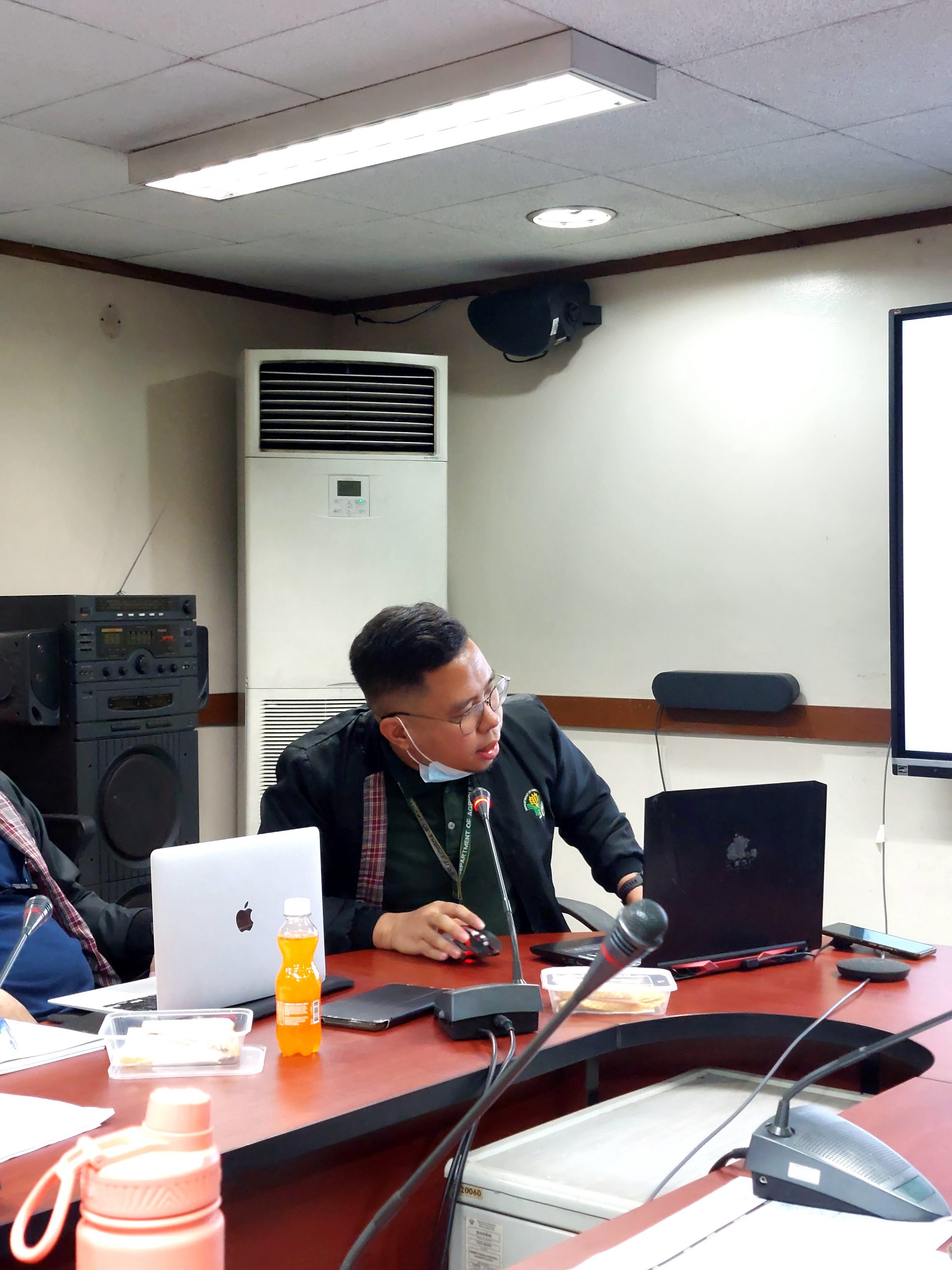
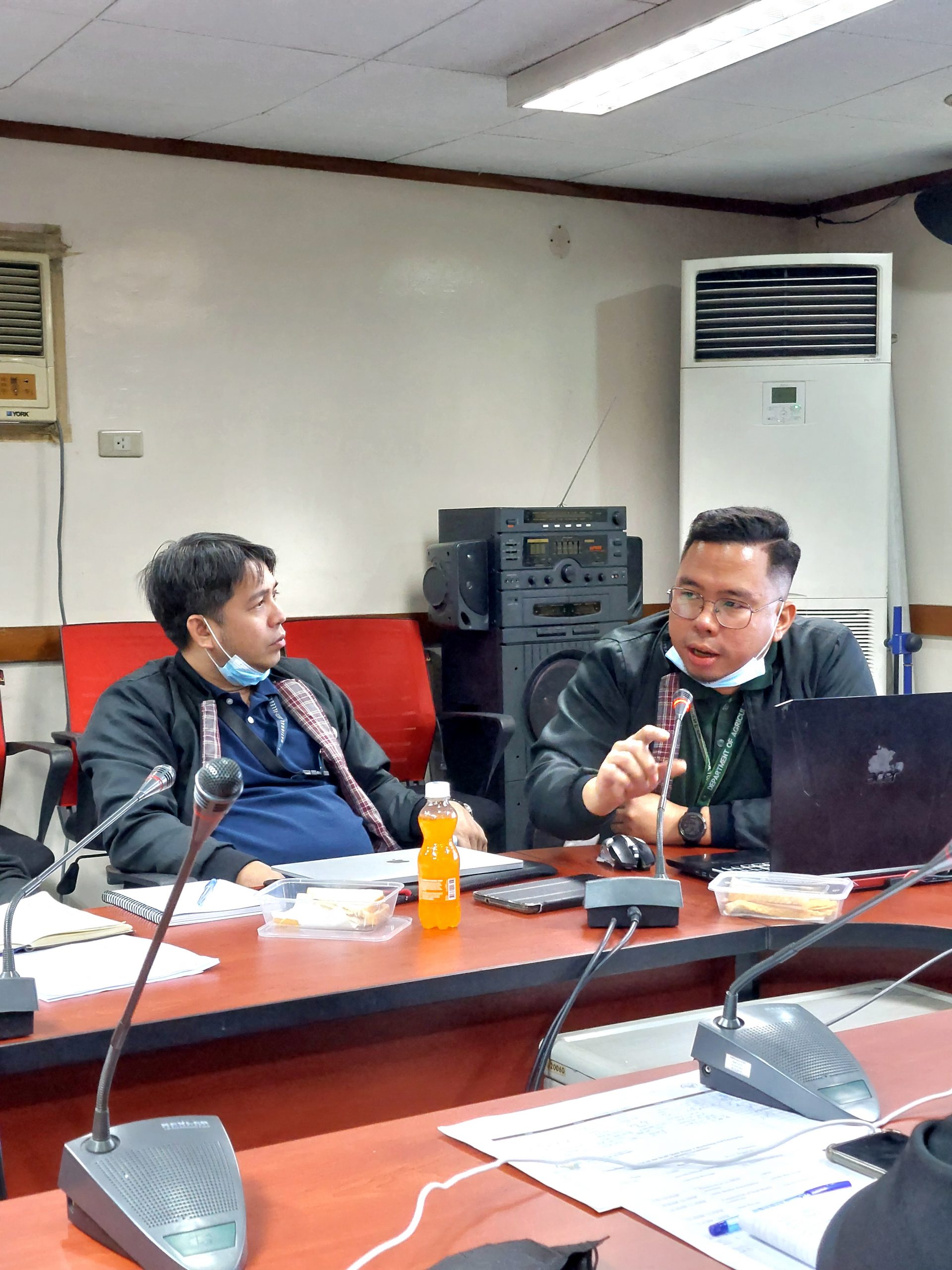
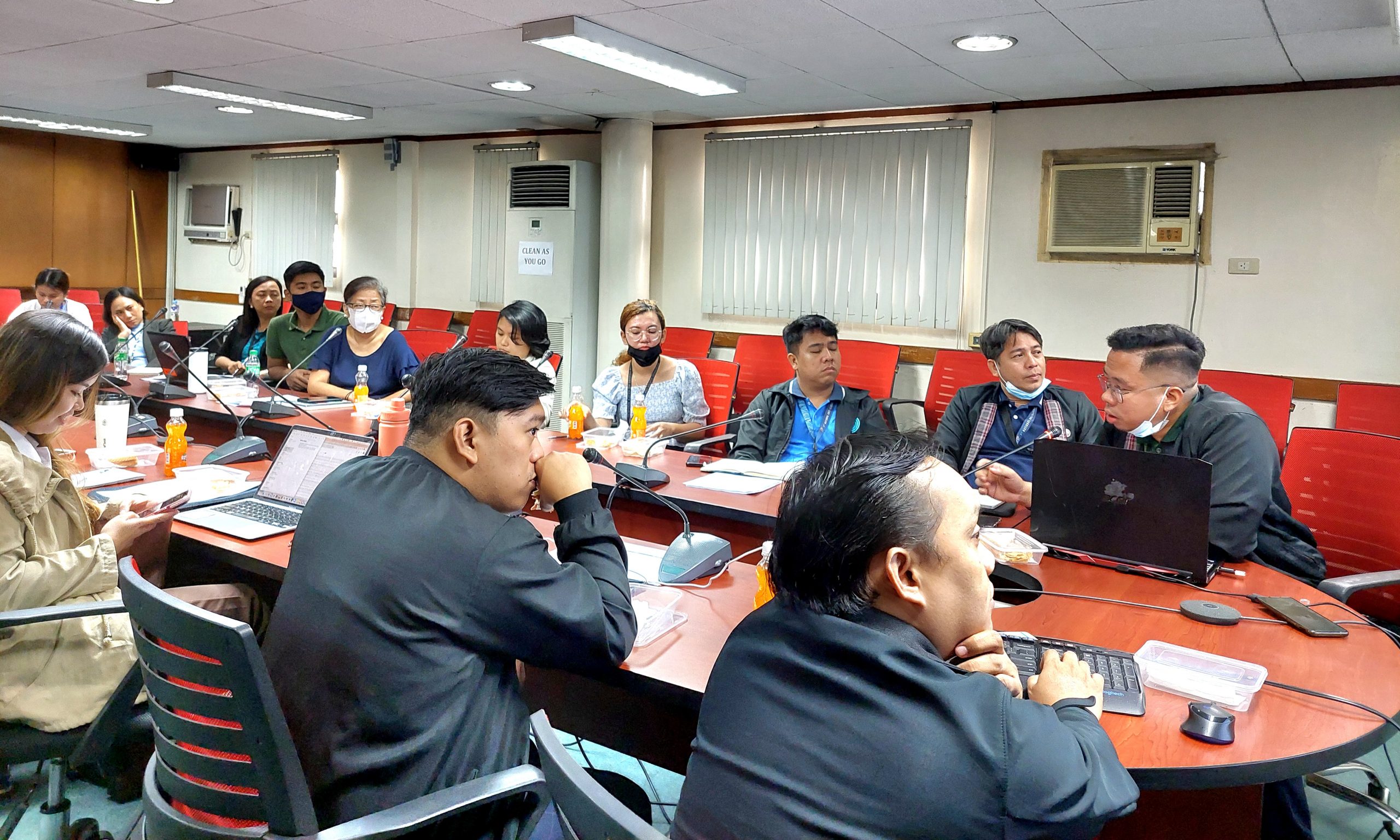
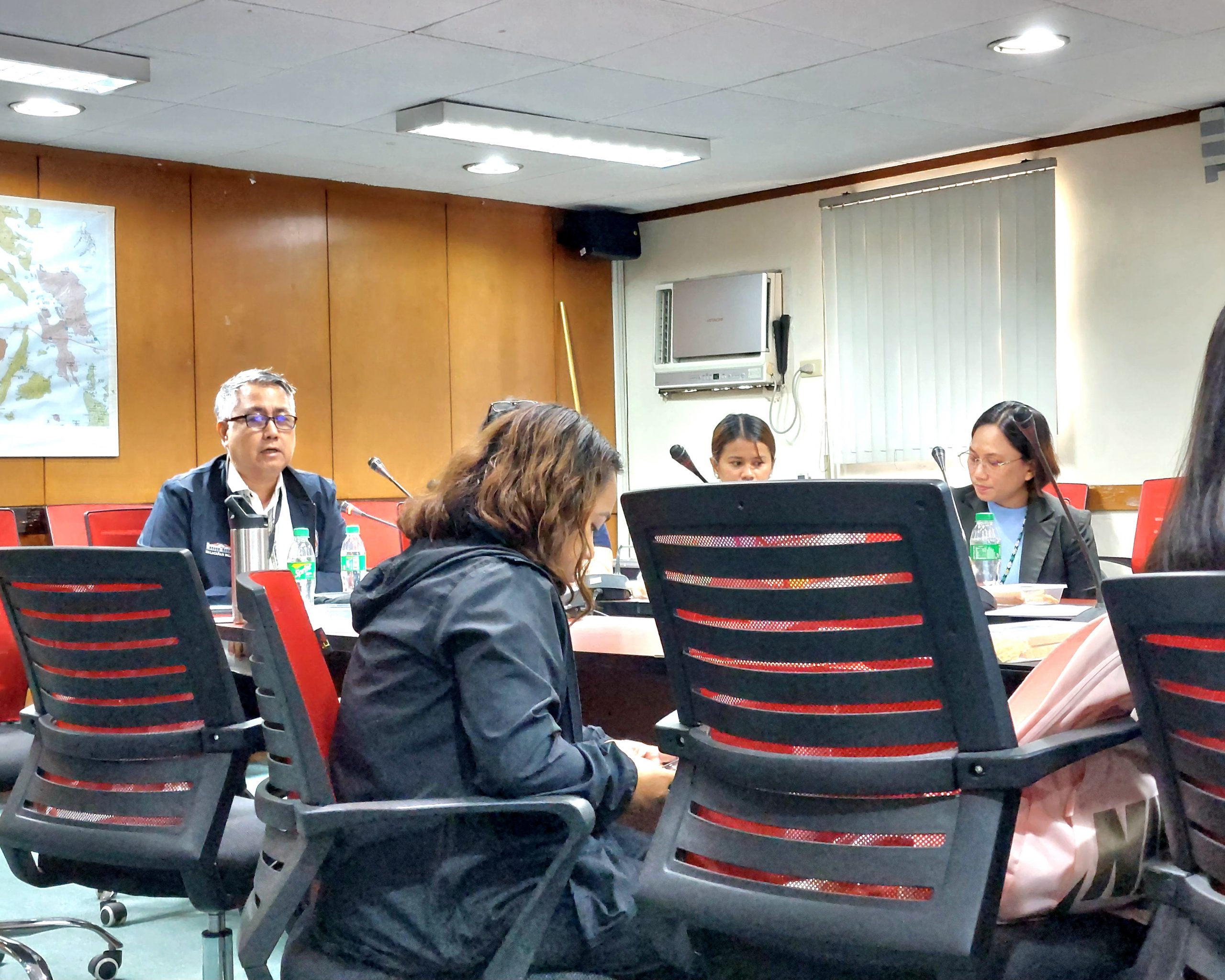
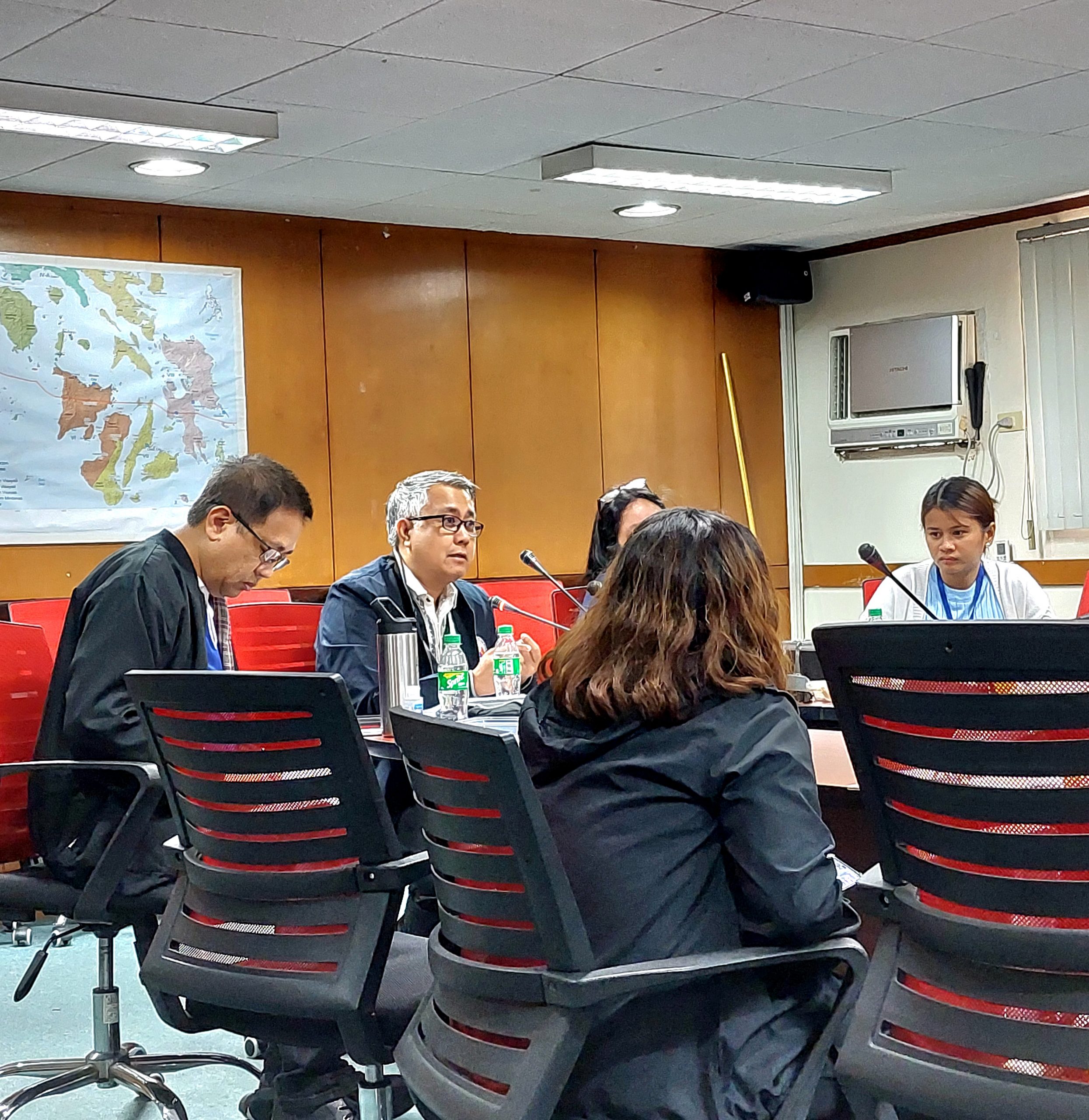
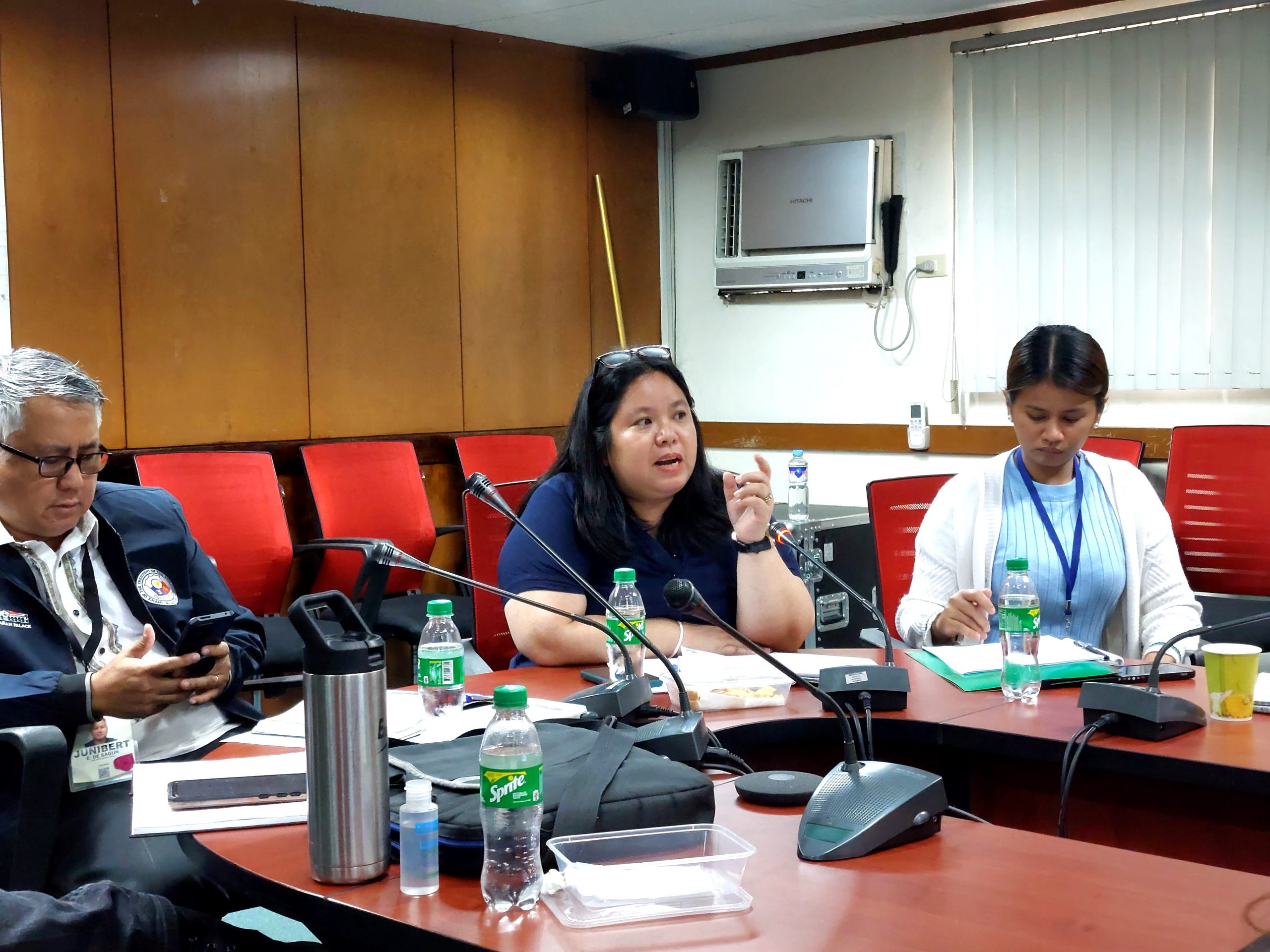
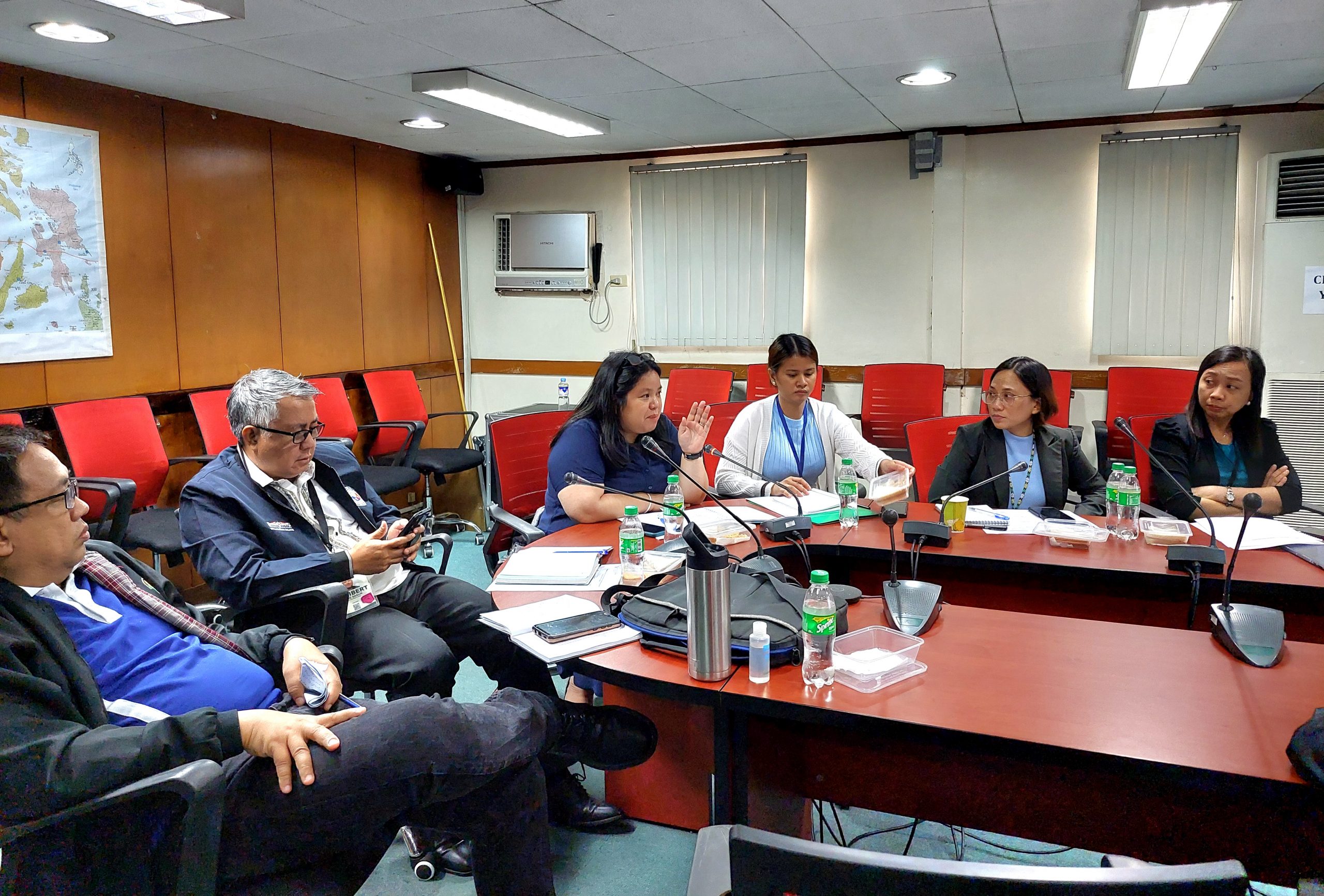
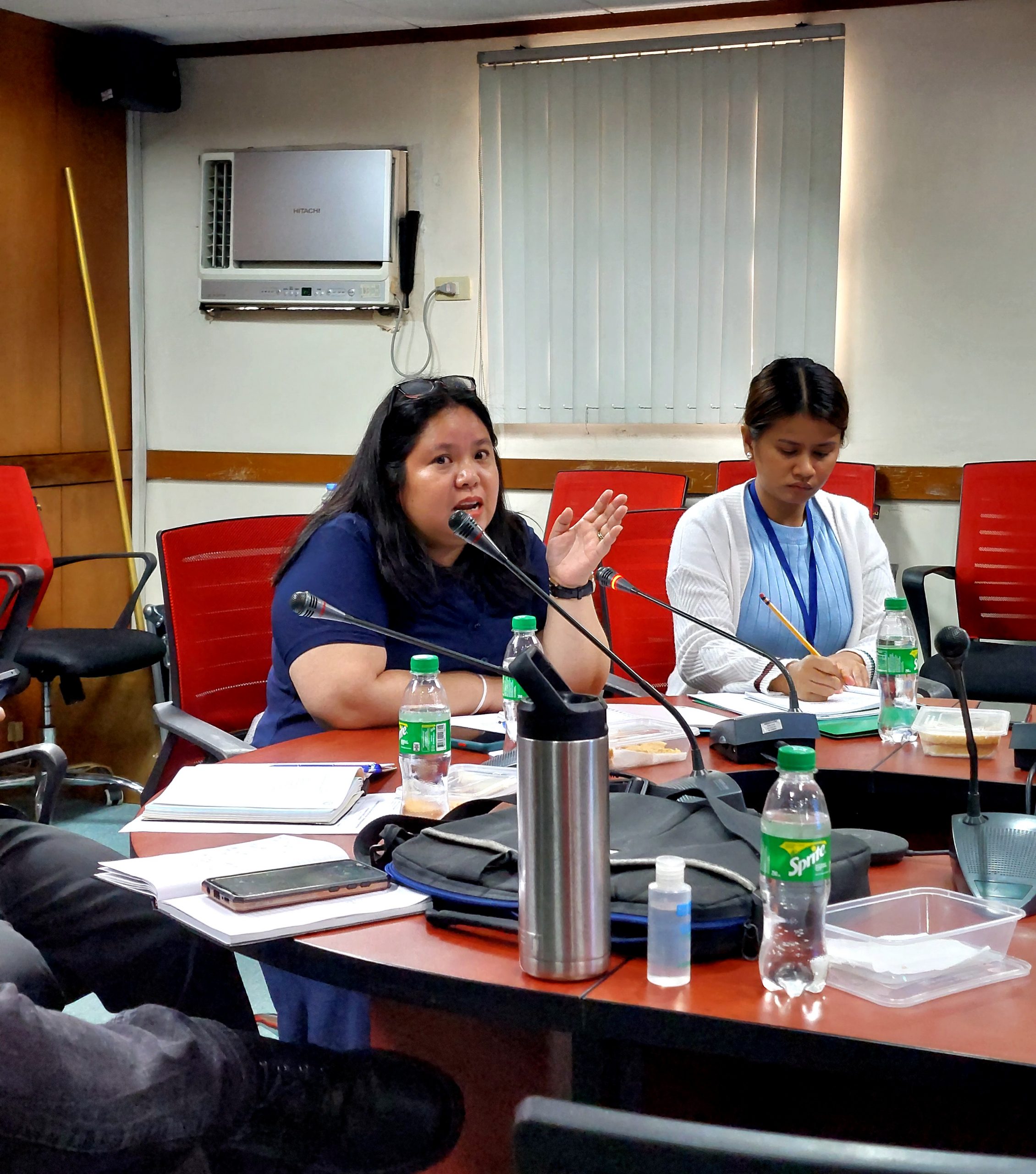
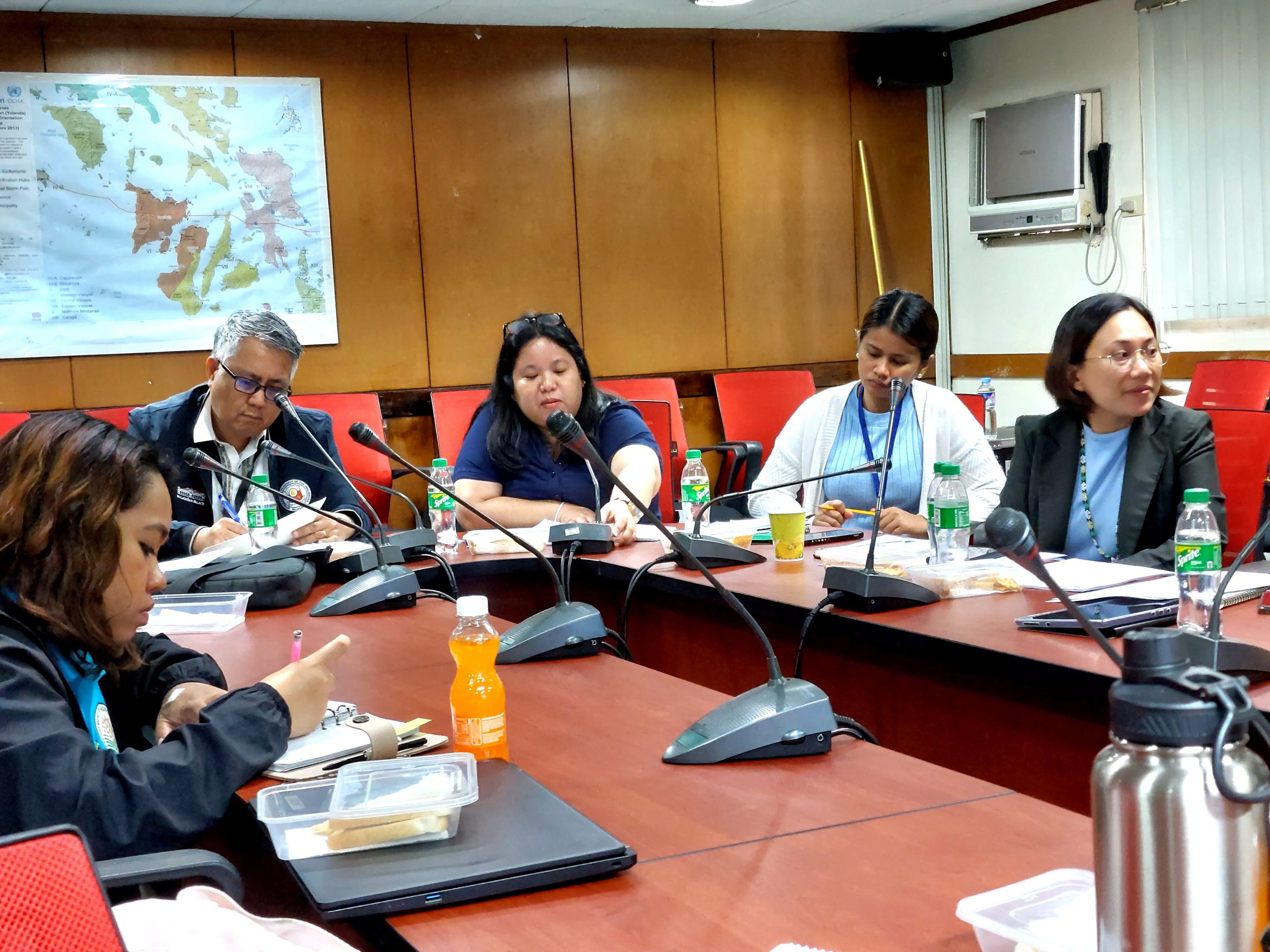



Comments (0)